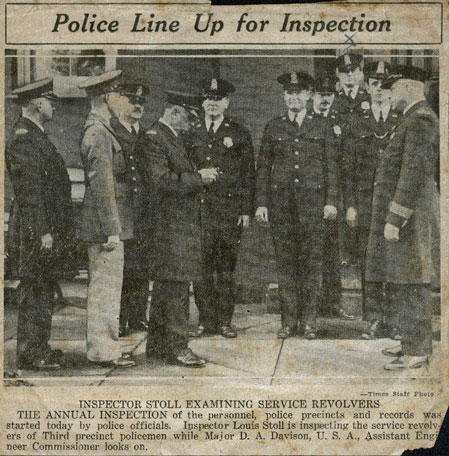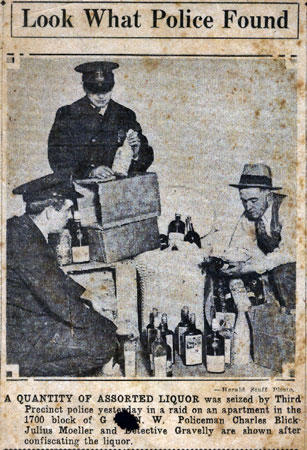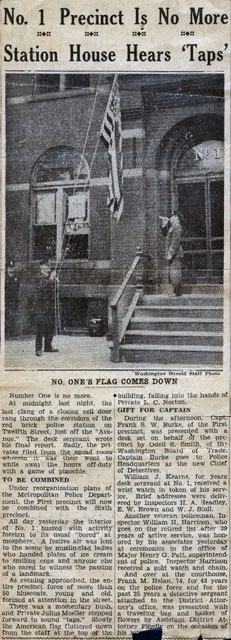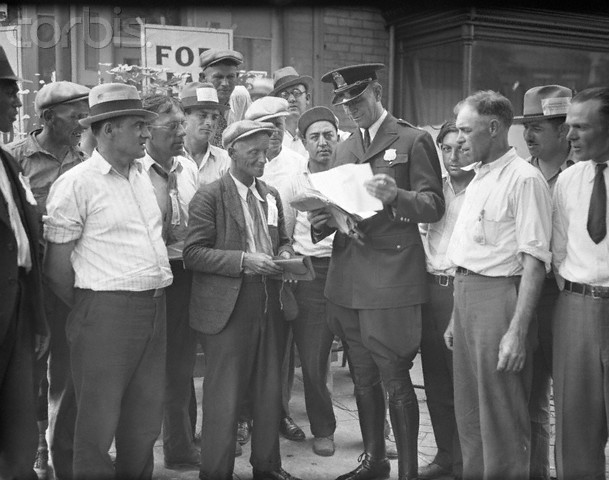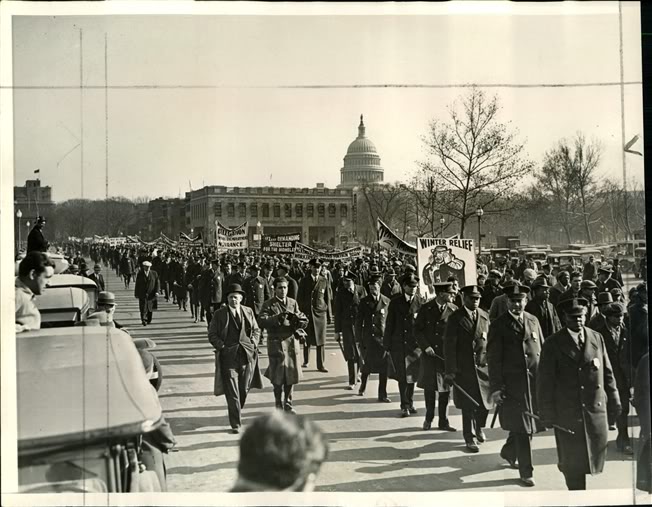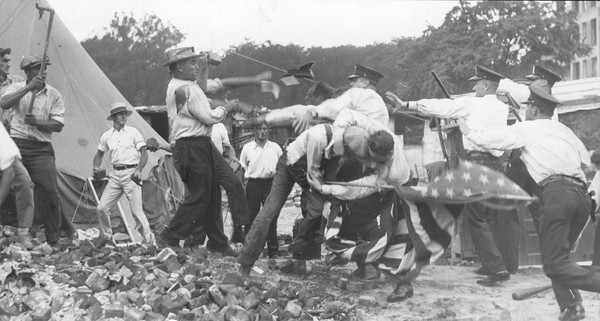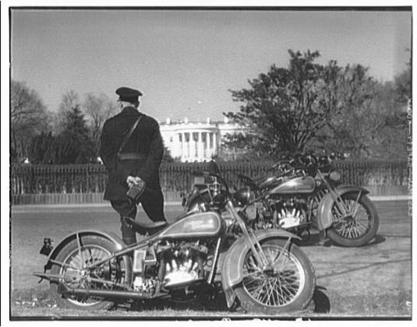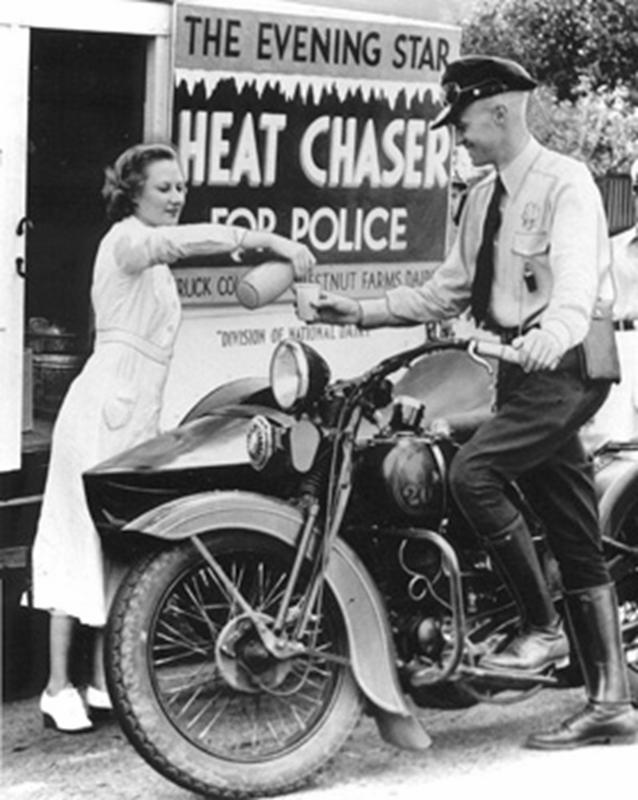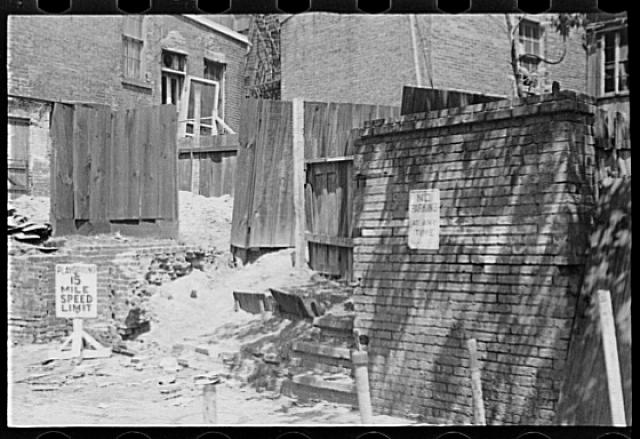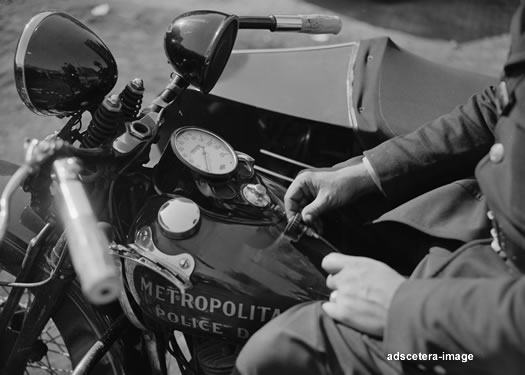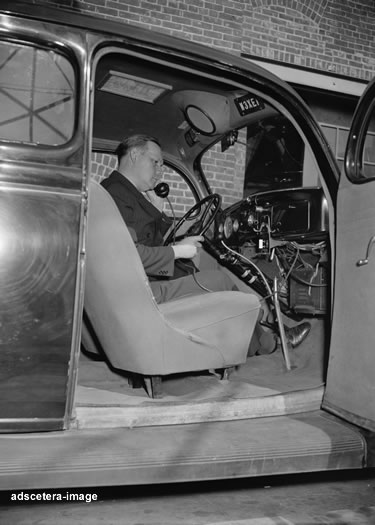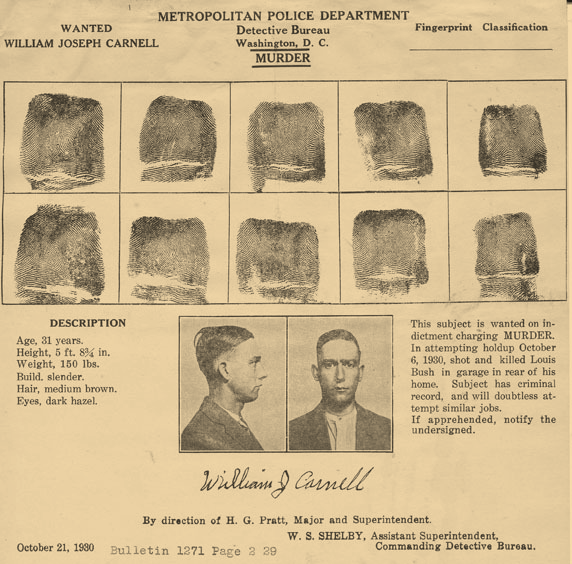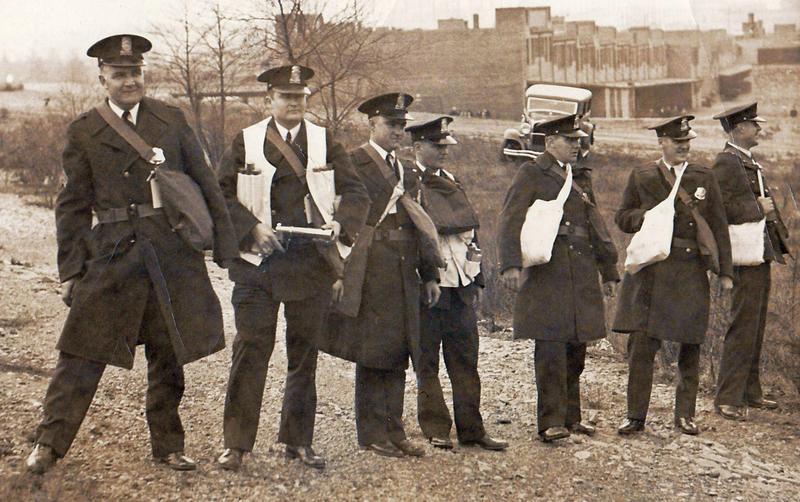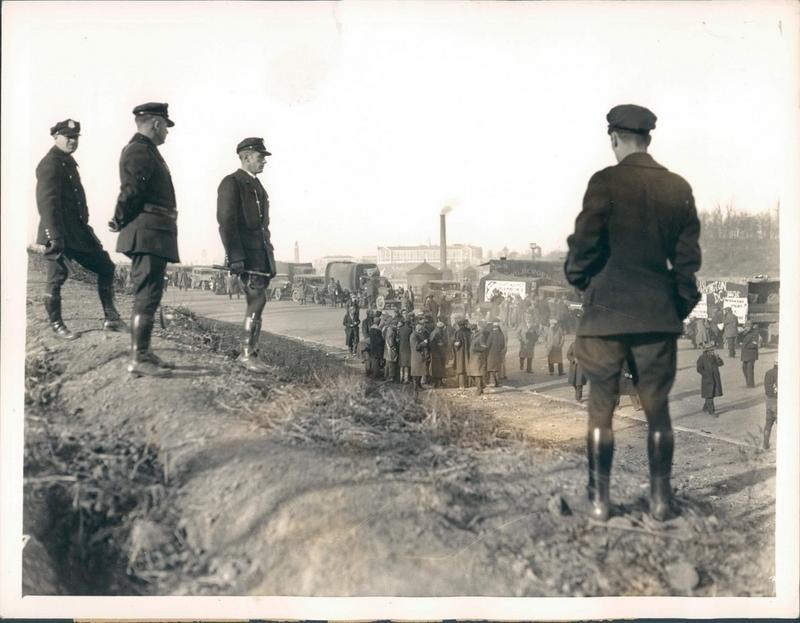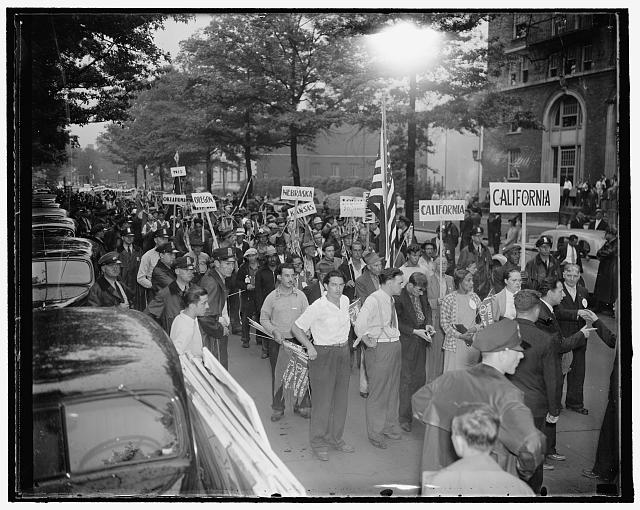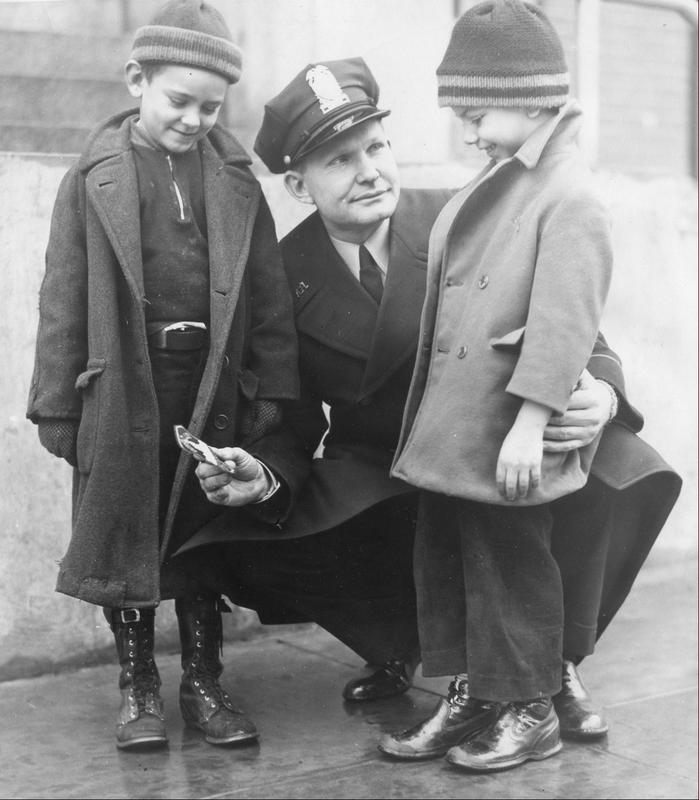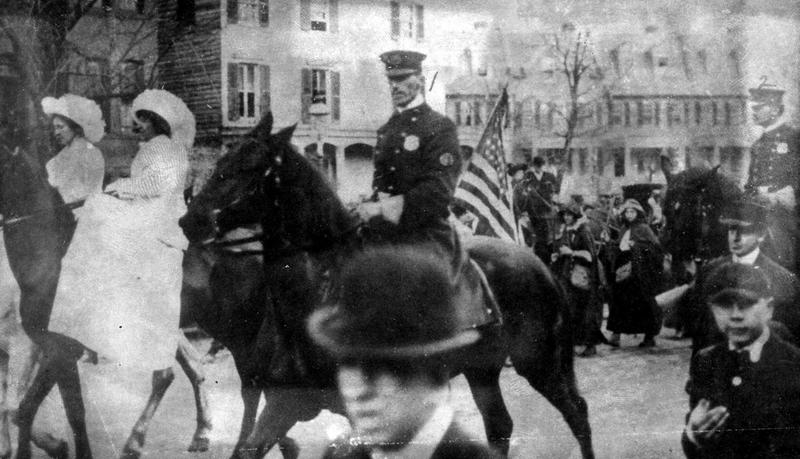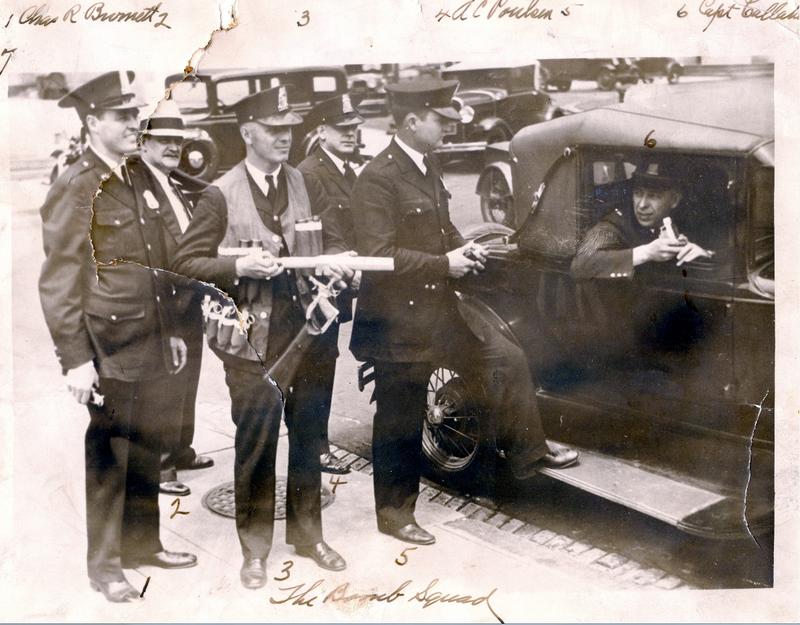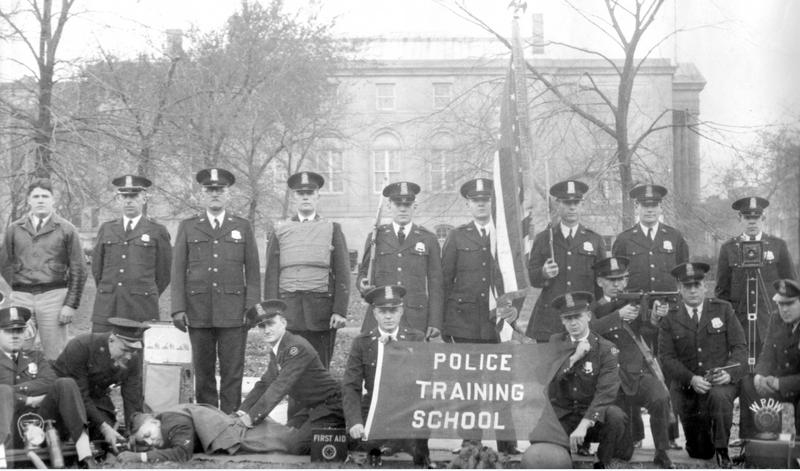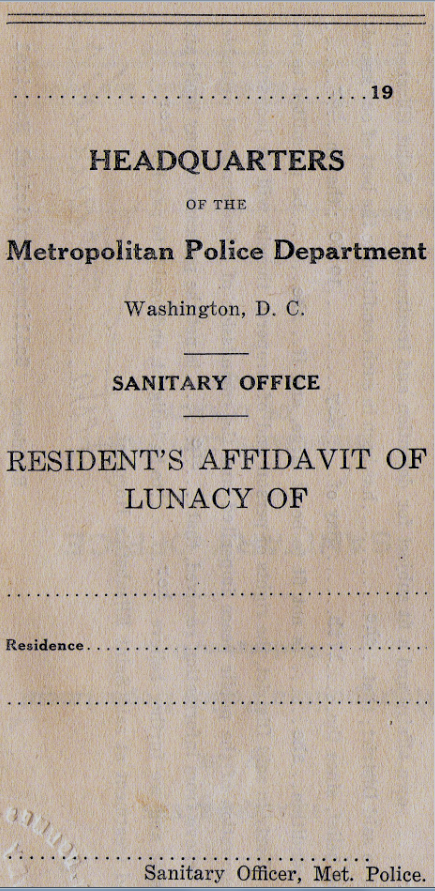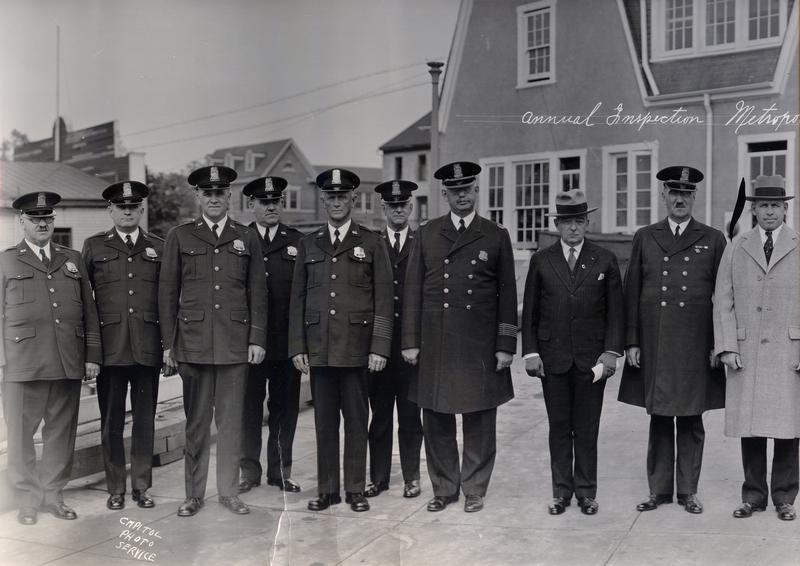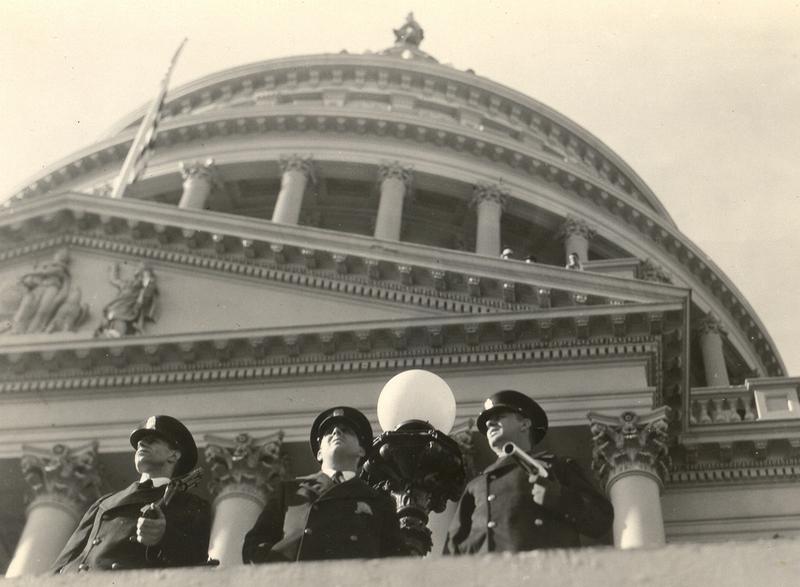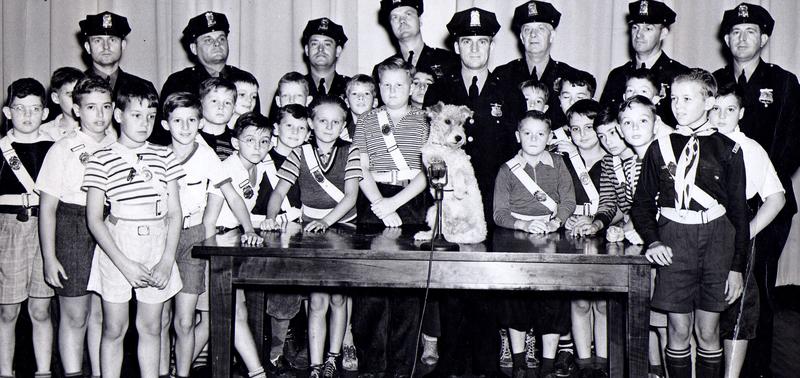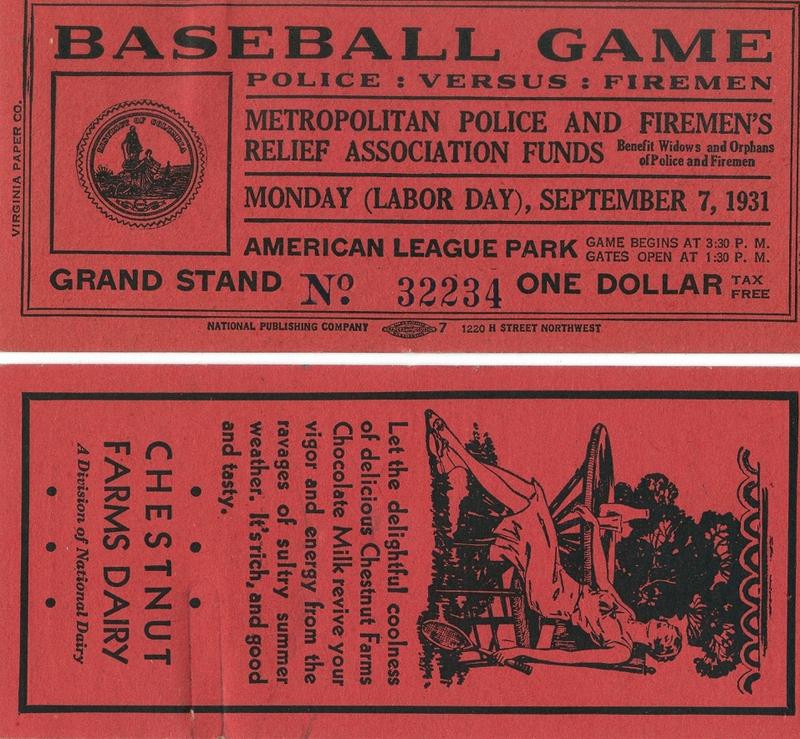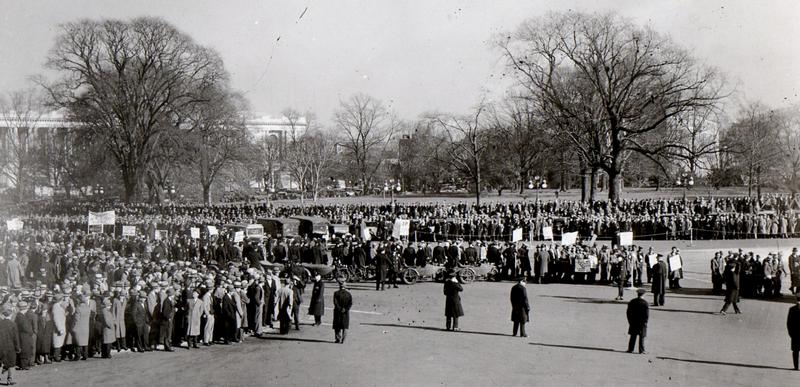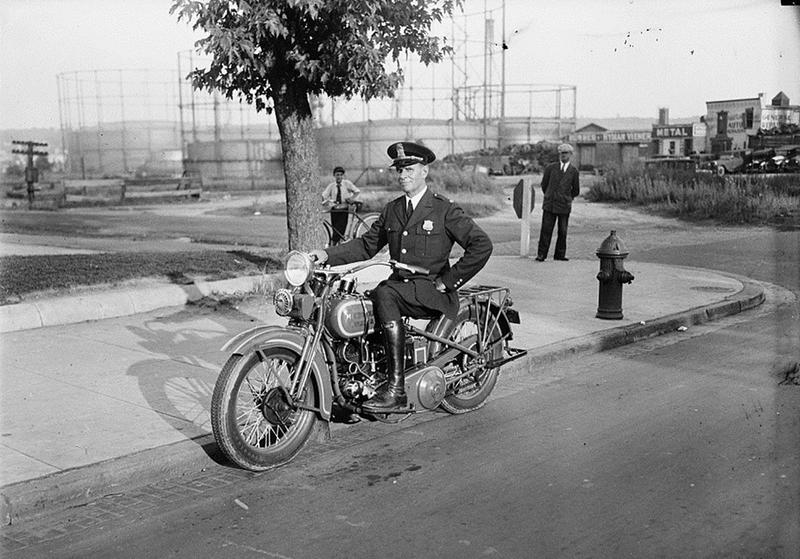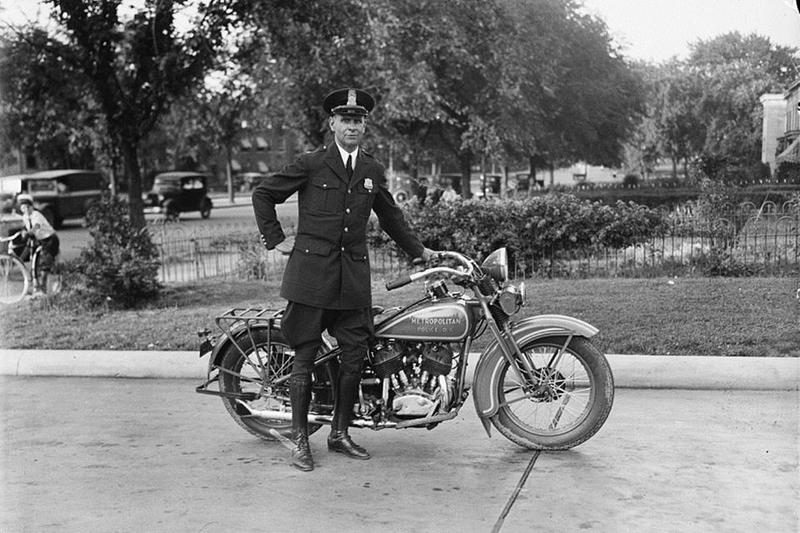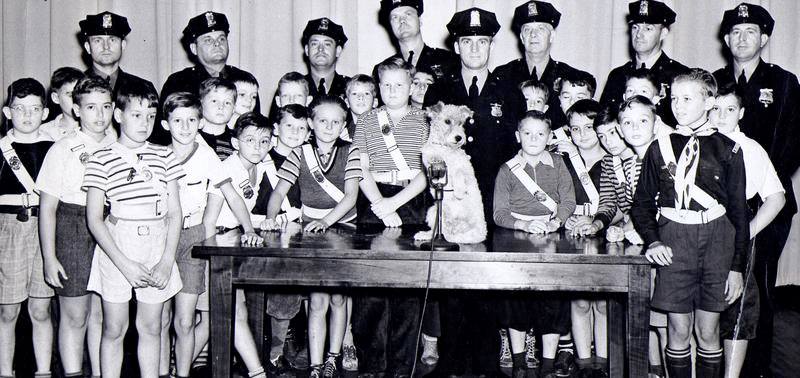Washington D.C. Metropolitan Police M.P.D.
1930 to 1939
Veterans Bonus March in Washington - Al Capone Jailed - Empire State Building Completed - A.A. formed in N.Y.C. - US Population 127 Million
40 hour Work Week Begins - Wizard of Oz Released - World War Two begins in Europe - American Depression -
1930 to 1939
BlackSheep Productions 2009
1930 - The police horse mounted unit is disbanded as the horses are traded in for motorized vehicles, (MPD).
1932 - A phantom gunman randomly shot people from a secret spot, killing one person and wounding three, in what were called sniper shots, (MPD).
1934 - A gambling joint just across the Prince George County line was the focus of much attention of the Vice Squad. The establishment, owned by Jimmy Lafontaine was a notorious gaming house and allegedly the headquarters of the city's lucrative numbers racket, (MPD).
1938 - An ex-policeman was arrested and charged with the 1930 murder of Beulah Limerick a Washington socialite. The murder and subsequent trial were a local news sensation as the suspect , who was a policeman at the time of the murder, was quickly acquitted of the charge, (MPD).
1930's M.P.D. Officers preparing for a Hunger March, tear gas in hand...
8.24.1937
The 30's were a busy year in D.C.
Photo compliments of the M.P.D.
M.P.D.'s 1930's Riot Squad..
1933's School Police of the M.P.D.
Photo compliments of the M.P.D.
1930's Affadavit of Lunacy
Photo compliments of the M.P.D.
Photo provided by the M.P.D.
Photo provided by the M.P.D.
1937 Safety Patrol Class
Photo provided by the M.P.D.
1937 Lookouts at the capital
1930 Inspection photo for the M.P.D.
Photo provided by the M.P.D.
Photo provided by the M.P.D.
Mass demonstration in 1930s Washington D.C.
THANKS TO DAVE RICHARDSON FOR THIS ONE
RETIRED MEMBERS OF FORCE, WHO COVERED THEIR BEATS ON HORSEBACK AND BY BICYCLE, HAVE GARDEN PARTY AT HOME OF JOHN E. CATTS.
Old-timers on the District police force—men who d to wear tin helmets and cover their beats on horseback and bicycle—had a garden party yesterday.
THE RETIRED POLICEMAN’S ASSOCIATION gave the affair at the Capitol Heights (Md.) Home of John E. Catts, a former sergeant at No. 1 Precinct, who, like several of the guests, was retired from the force following an injury suffered in the line of duty.
Many of the men yesterday were accompanied by their families, but before the party was more than an hour old the women had settled into a group to talk among themselves. The children were off playing. And the former policemen were left to recall the good old days.
The oldest—John H. Heide, 75—looked over the crowd and said that not a person at the gathering was on the force when he joined it 48 years ago. He was retired in 1922 after 34 years of service, Thirty-one of those years were spent on horseback.
“I’ve still got General and Nancy, the horses I used to ride when I was attached to No. 7,” he said. “I used to patrol everything west of Rock Creek Park and in those days the place that gave me the most trouble was Conduit road. It was the speedway then, and I’ve arrested many a young fellow for driving his horse more than 12 miles an hour. We used to pick up a lot of people for racing too, and when we found the horses racing down the pike three abreast we fined the drivers $25 sometimes.”
Heide, who now has a son, Thomas F. Heide, retired from the force, remembers when there was a lot of traffic on the Chesapeake & Ohio Canal, and the bargemen gave the police “plenty to worry about.”
“There used to be 100 or so boats on the canal and some of the people on them were mighty “rough,” he explained. “We didn’t bother with them as long as they stayed on the boats, but sometimes they came off to do their drinking and fighting, and then there was trouble.”
But the person who was roughest with Heide was not a riverman. She was a woman, a Government employe, who whanged him on the head with her handbag, which held two horseshoes. She hit him when he stopped her for driving a horse and buggy while she was drunk. She was on her way in from Cabin John, then a thriving resort.
“She’d already fallen out of the buggy a couple of times or I wouldn’t have bothered her,” he said yesterday.
The adventures of Catts, the garden party host, were more disastrous. He was forced to retire from the force when he tried to stop a brawl at Twelfth and Ohio streets. In that fight a colored preacher had shot his wife and was taking aim at a colored man. (Actually the suspect shot at the preacher for buggy riding with the suspect’s wife, seconds later fatally shooting his wife, another man, and Catts. Catts shot the suspect several times but he survived) Catts’ left arm was shattered with bullets and he suffered scalp wounds. That was the night of November 8, 1915.
But most of the time at the garden party was spent in recalling happier events. One by one the men arose from chairs under the shade trees and made little speeches or other contributions to the program.
Frank Dent retired captain, recited “The Face on the Barroom Floor,” and John Brent, a guest, sang “My Wild Irish Rose” and other songs.
George W. Sollars, secretary of the association and editor of the Police Bulletin for 12 years, told of the spirit of neighborliness which motivates the organization.
Two sons served beer all afternoon to the crowd of 60. They were John A. Catts and Bill Catts. H.L. Shughrue helped them. Miss Catherine Catts received the guests for her father.
WASHINGTON POST ARTICLE DATED AUGUST 10, 1936, PAGE X13
Chief Pelham D. Glassford,
CpG
P.O. Box 911
Foxborough, Ma.
02035
The 1937 Washington D.C. Metropolitan Police give a safety Class to the children of the District.
Photo provided by the Washington D.C. Police Union
